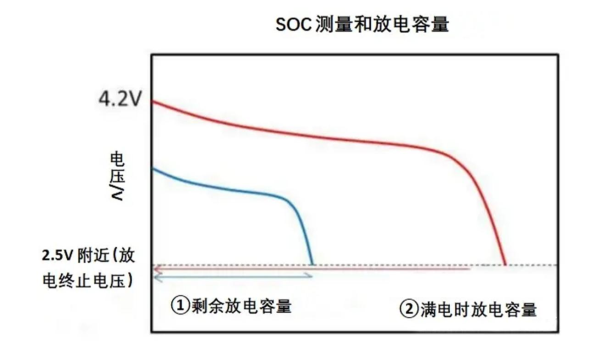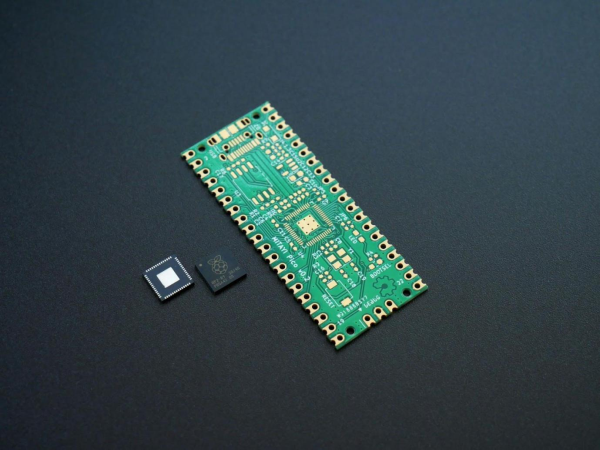Lithium Battery State of Charge (SOC)
In the quest for sustainable energy, Europe is leading the charge with progressive initiatives like Germany's Energiewende. As the backbone of modern battery energy storage solutions, lithium batteries require precise State of Charge (SOC) management to ensure their efficiency, safety, and longevity, perfectly aligning with Europe's renewable energy goals.
Enerlution started with good experience and understanding of LiFePO4 batteries. Portative energy storage is committed to meeting global customers’ safe and high-efficiency energy needs through independent R&D and manufacturing.

Why is SOC Important?
The SOC of lithium batteries is a pivotal parameter that indicates the remaining energy capacity. It is vital for:The following are why it is important to understand the Lithium battery SOC:
1、Battery Management:
SOC data from advanced Battery Management System (BMS) ensures that batteries operate within safe limits, preventing overcharge and deep discharge.
2、Operational Planning:
Accurate SOC readings allow for precise range estimation in portable electronics and equipment, facilitating better planning of activities and charging routines.
3、Safety Enhancement:
Continuous SOC monitoring is essential for maintaining safe operating conditions, mitigating risks associated with unstable chemical reactions in lithium batteries.
4、Prolonging Battery Life:
By avoiding deep discharge and overcharge, the overall capacity and lifespan of LiFePO4 batteries are significantly extended, offering a sustainable solution for long-term energy storage investments.

Innovative SOC Measurement Techniques
Lithium batteries' SOC can be measured using various innovative techniques, each tailored to different energy storage needs:
1. Coulomb Counting:
This method entails measuring the current rate in the battery, in and out. Therefore, in the current integration, one can learn about the magnitude of charge that has been injected or extracted from the battery. However, this type of method relies on very limited things like the initial conditions; after some time, it begins to diverge.
2. Open-Circuit Voltage (OCV) Method:
The voltage that a battery can create or produce with no load is called the open circuit voltage, which is linkable to the soc of lithium ion battery. This method is very straightforward, but the disadvantage is that the LiFePO4 battery must be inactive for long periods, which is impossible in many circumstances.
3. Impedance Tracking:
This technique determines the battery's resistance/ impedance, which varies with SOC. It can give relatively correct estimates of SOC, but it may give an encouragingly good result only when accurate and precise algorithms and calibration are used.
4. Machine Learning and Modeling:
SOC can be determined using different battery data and parameters with the help of various algorithms and models employing high-level calculations, machine learning included. These methods can be very precise, but they take more time to compute, and more data must be collected.

Strategies for Optimal SOC Maintenance
To maximize the performance and lifespan of lithium batteries in European energy storage systems, implement the following strategies:
1. Avoid Deep Discharges:
This period is known as deep discharges and happens when the battery is covered and discharged below a given SOC limit that is commonly below twenty percent. Hence, the best way to charge it is before the battery drains and reaches the last capacity level.
2. Partial Charging:
It is usually recommended that the battery be fully charged, but frequently charging it to its full potential may also affect the battery cycle life. However, charging between 20% to 80% SOC is useful in some situations.
3. Temperature Control:
The critical temperature can cause some chemical compounds to form early, influencing the lithium battery capacity and safety. The charge/discharge cycles of the battery can still be controlled to prevent high temperatures that cause harm to batteries.
4.Integrate Advanced BMS systems:
Companies like Enerlution offer sophisticated best BMS systems that enhance battery performance and safety through effective SOC and temperature management.
5. Calibration and Maintenance:
Maintenance check-ups and calibration of the SOC measurement system can be done frequently to help maintain a good SOC and to know the severity of a problem before it goes out of hand.

Expanding Horizons with SOC
Mastering SOC management is not just a technical necessity but a strategic advantage in Europe's journey towards a sustainable energy future. By embracing advanced BMS, avoiding deep discharges, and maintaining optimal temperature conditions, we can fully harness the potential of lithium batteries in supporting renewable energy systems.
Join the movement towards a greener Europe by adopting cutting-edge SOC management strategies. Enhance your energy storage system's performance, ensure safety, and contribute to a sustainable energy infrastructure that powers progress without compromise.

If you have any question,please contact us.
Email: Susan@enerlution.com.cn
Add: No. 33, Qiuju Road, Baiyan Science and Technology Park, High-tech Zone, Hefei, China






